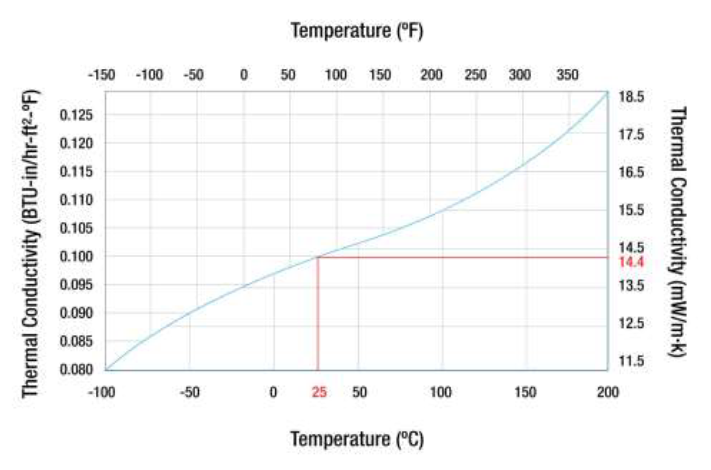The Heat Flow Meter (HFM-25) for testing thermal resistance and thermal conductivity of insulation and construction materials. Offering the testing power of a full-size heat flow meter, optimized for small insulation samples and budget. The HFM-25 is controlled by the included HFM Software, offering automation of calibration, testing and results summary functions.
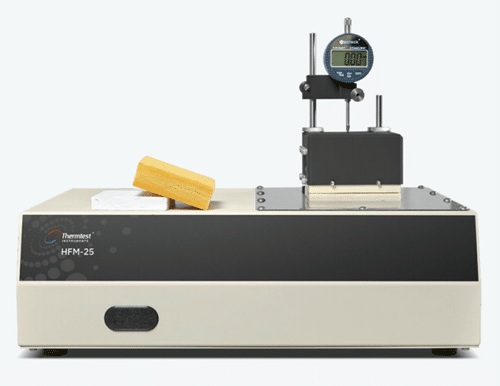
Picture 1. Thermtest 25 Series Heat Flow Meter.
Following international standards, the HFM-25 is designed for testing both homogenous and heterogenous materials and complies with ASTM C518. The HFM-25 allows for smaller sample sizes which are representative of materials typically found in insulation and construction industries.
For small samples (min 50 x 50 mm), samples can easily be arranged for simple testing.
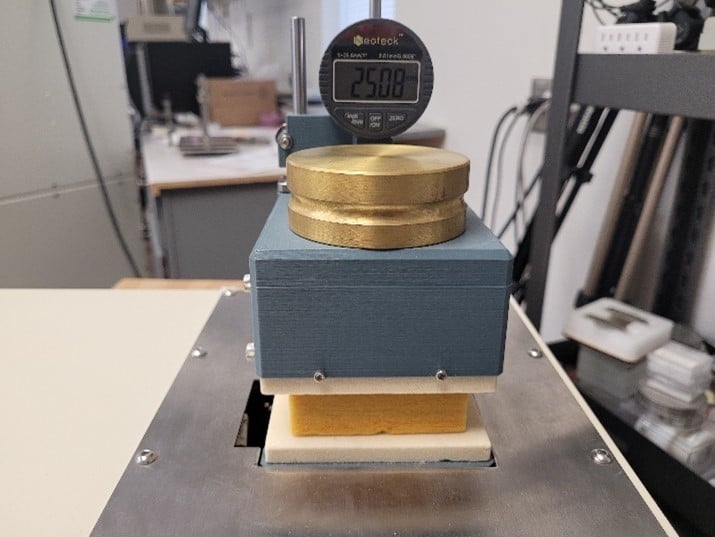
Picture 2. 50 x 50 mm piece of NIST 1450D
For larger samples (no maximum), samples can conveniently measured at a specific location.
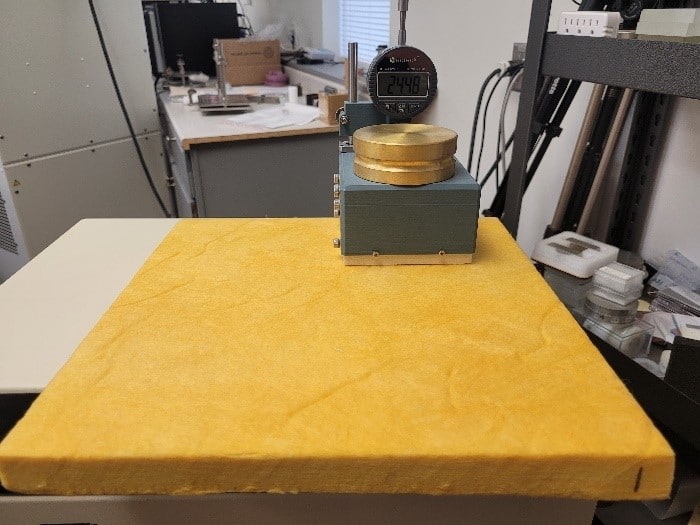
Picture 3. 300 x 300 mm piece of NIST 1450D
In this experiment, the thermal conductivity of Spaceloft Subsea Aerogel insulation of 9.58 mm thick from Aspen Aerogels was measured with the Thermtest HFM-25. Aerogel is a lightweight solid derived from gel in which the liquid component has been replaced with air. This process creates a solid material with two interesting properties: an extremely low density and extremely low thermal conductivity of this solid. The temperature of the upper plate was 35°C and the lower plate was 15°C, obtaining an optimal temperature delta of 20 degrees.
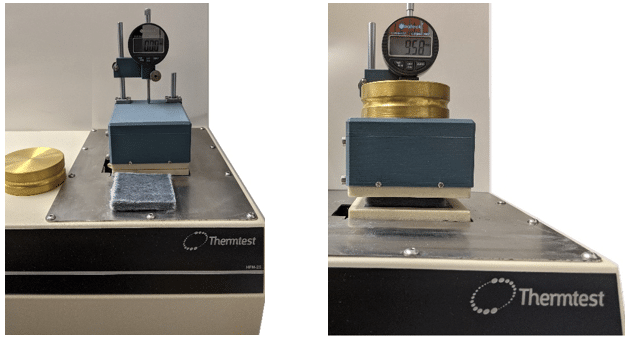
Picture 4: Aerogel sample outside and in between plates of the HFM-25. Sample Sze of 50 mm square and 9.58 mm thick
Table 1: Results of the average thermal conductivity and thermal resistance of Subsea Spaceloft Aerogel sample at 25°C.
| Measured Thermal Conductivity (W/m·K) | Expected Thermal Conductivity (W/m·K) | Percent Difference (%) |
|---|---|---|
| 0.0140 | 0.0140 | 2.8 |
*Expected thermal conductivity according to ASTM C177, graph below.
Reference: aerogel.com/wp-content/uploads/2021/08/Spaceloft-Subsea-Datasheet.pdf
Thermal Conductivity of Spaceloft Subsea Insulation according to ASTM C177. Result for 25°C noted.
